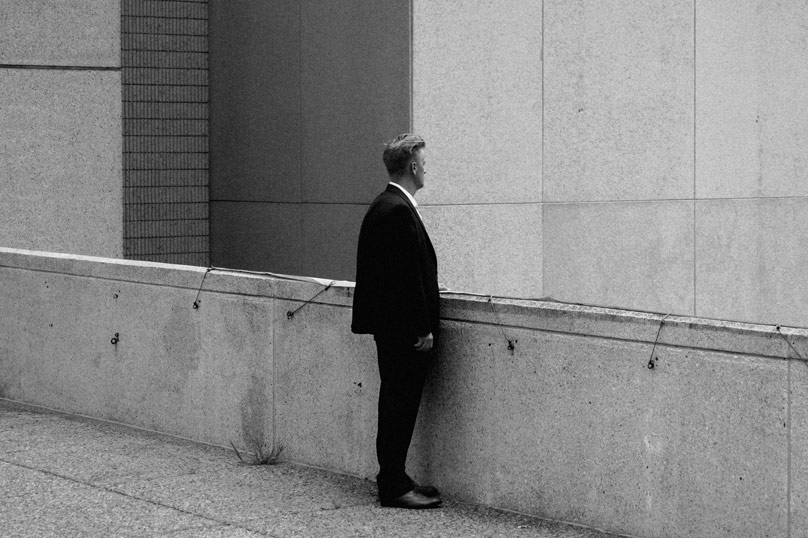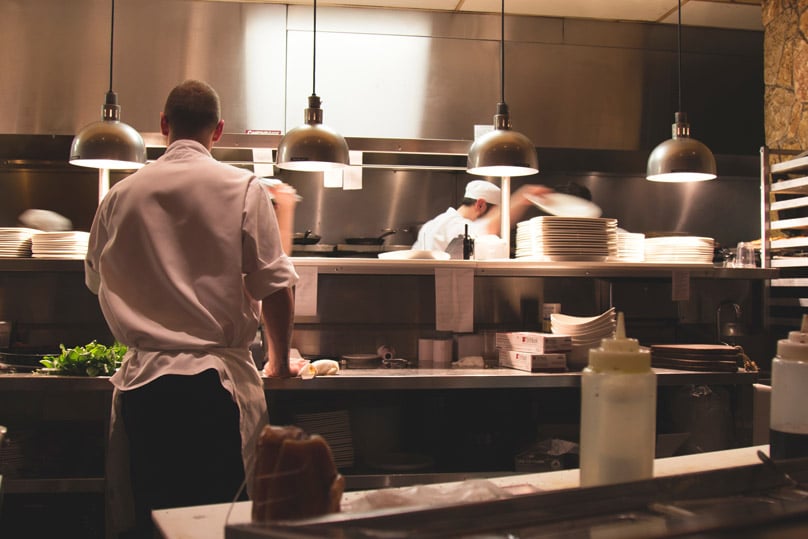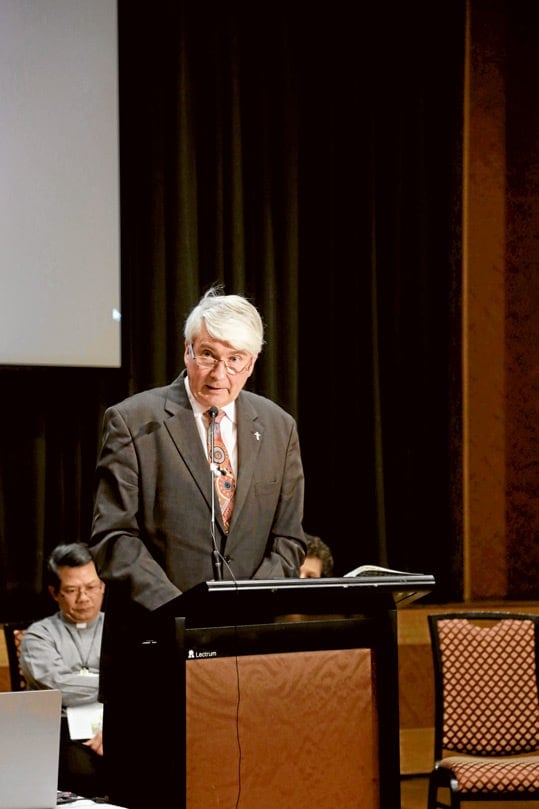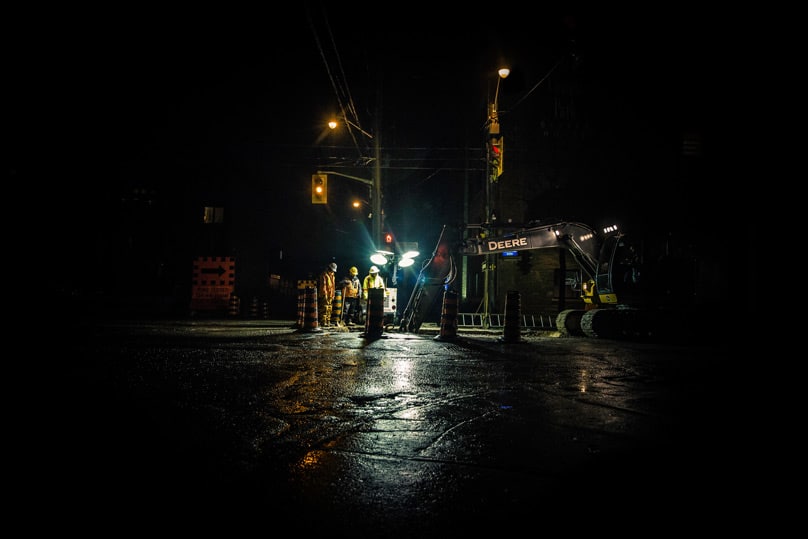
“Let me invite you to join Australia’s Bishops and reject an economy of exclusion”. This was the call to action from Bishop Vincent Long OFM Conv DD at the national launch of this year’s Bishops’ Social Justice Statement ahead of Social Justice Sunday on 24 September.
Titled, Everyone’s Business: Building an Inclusive and Sustainable Economy, the statement takes as its unifying theme Jesus’ parable of the workers in the vineyard and its radical and challenging teaching that all the workers, no matter their hours at labour, should receive the same living wage of one denarius.
As Fr Frank Brennan SJ suggested at the launch, this teaching is challenging because it seems to run counter to the idea of fairness. Why should those who labour only a fraction of the day be paid the same wage as those who laboured for the entire day?
But if we can move beyond our first instinct of getting our due, we see the deeper, and for some, rather radical, vision of justice that Jesus was trying to show us. By paying every worker the same wage we learn that it is the needs of humanity and not the market that ought to dictate the monetary value of our work.

Embodying this vision from Jesus, the Church, both locally and universally, has long advocated for and taught through its Social Doctrine and teaching that all work is to be ordered towards respecting human dignity and that for wages to be truly just they must be set by what it costs to meet people’s basic needs. This statement, like the landmark 1992 statement, Commonwealth for the Common Good on which it builds, asks us to recommit ourselves to working for economic justice as an integral part of our Christian vocation.
The statement’s message could hardly be more timely. In Australia alone housing costs are ballooning, wage growth is stagnant, work is ever more temporary and insecure and an underclass of “working poor” is growing. Globally, we continue to see an unjustifiable gap in wealth, health and opportunities between the richer and poorer nations, much of which relies on and is brought about by the enslavement and indenturing of millions of men, women and children. And we still see much of God’s natural creation degraded, misused and discarded in the pursuit of ever more profits and to satisfy our seemingly insatiable consumerist desires.
The statement argues that since a gracious God gifted us each other and this planet without exclusion or favour we must advocate for an economic structure that reflects that universality of God’s gift. That is we must work to create an economy that recognises that every person has a right to the earth’s bounty in proportion to their needs.

Sharing justly what has been given to all of us equally and taking no more than our basic needs require is what it means to develop an inclusive and sustainable economy. To do so will require courage, effort, humility and indeed sacrifice from each of us both privately and publicly.
The statement outlines a moral scaffold, if you will, that frames how we might begin to find new approaches, and positive solutions to these imbalances and injustices in our economic lives. The Bishops offer five guiding principles; “people and nature are not mere tools of production; economic growth alone cannot ensure inclusive and sustainable development; social equity must be built into the heart of the economy; business must benefit all society, not just shareholders; and the excluded and vulnerable must be included in decision making”.

At a time when economic individualism and divisive populism dominates our political discourse it is no insignificant thing for our Bishops to call out the injustice and cruelty inherent in our economy. It is a much needed reminder that while we are each irrevocably endowed with our individual dignity, we are a people in relationship to each other. When we structure our society in ways that violate the dignity of others, we also violate our own. This is why this statement is so challenging and powerful, because it makes a claim on all of us to be truly counter-cultural and sacrificial witnesses to the Gospel.
One can’t help but think that it is this desire to remind each of us of our responsibilities, and not just a witty play on words, that led the Bishops to call this statement, “Everyone’s Business”.
You can get copies of this and previous years’ statements at: www.socialjustice.catholic.org.au/publications/social-justice-statements or check with your parish priest to see if copies have been ordered for your parish.
